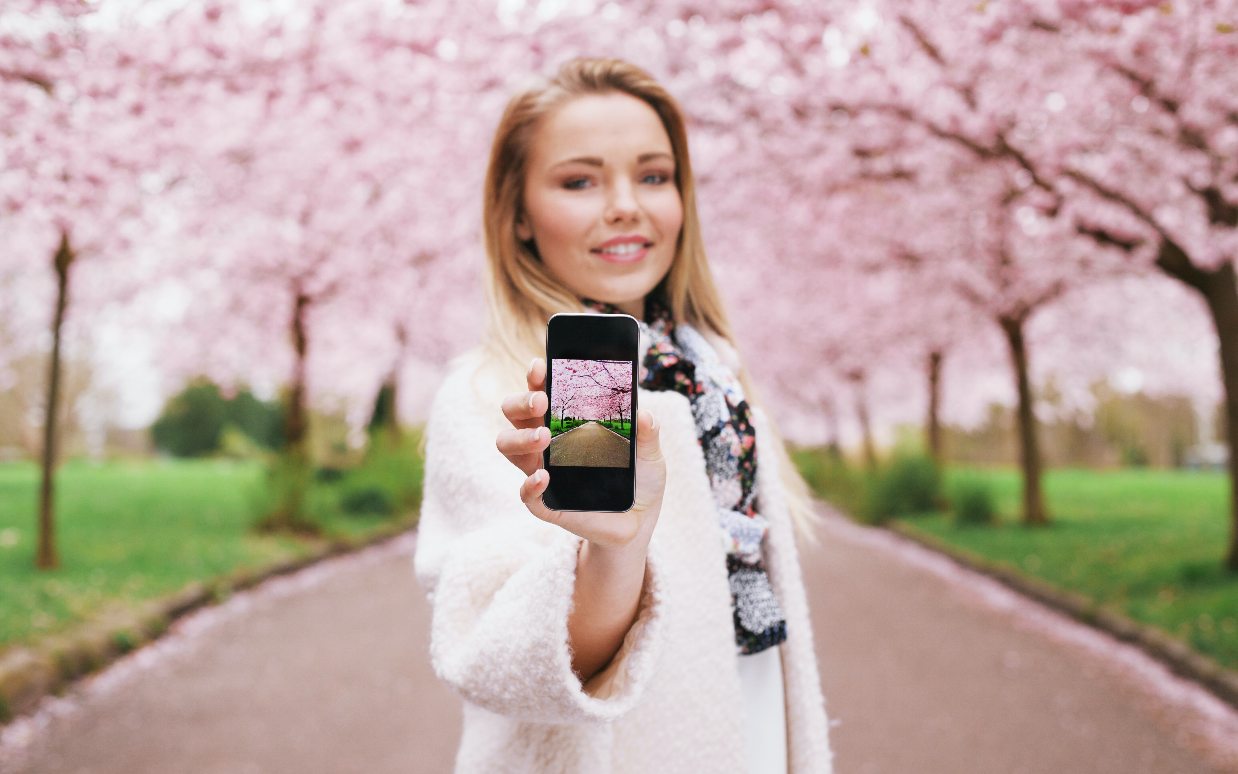
Heard of Louise Delage? She may have shown up on your Instagram feed over the last few months, posting pictures of herself at parties, on the beach, having fun.
But did you notice the one recurring theme of every single picture? For this was no normal attractive lady trying to brighten your day by showing you how amazing hers was going.
Vino noir
Delage was the tool of an advertising campaign to raise awareness for a just cause. A model posing normally, except each time she pouted there was also some representation of alcohol in the photo.
Her posts, including glasses of rosé at the beach, family dinners with cocktails, glamorous selfies with champagne in hand, are hard to distinguish from any others in a timeline.

image credit: louise.delage | Instagram
That, as we now know, was the point. Last month Delage posted her last video to Instagram: a clip revealing her to be the creation of the advertising agency BETC, and the star of their ‘Like my addiction’ campaign, in which all the posts are lined up one after the other with drinks in the centre.
Delage had accumulated 65,000 followers from just 150 posts, showing quite clearly that no one saw the link between them all or truly thought anything negative of the fact she was constantly supposed to be drinking.
Knocking them back
It has become such second-nature in our culture to associate having a great time with consuming alcohol that it may be the case that her posts would have been liked less if they did not contain a drink.
The intended effect of the campaign was to make people realise that the logical reaction to seeing evidence of someone drinking constantly is to question it, not to blindly accept it.
In this way, we must not attempt to copy what we see others do, but rather make judgments for ourselves based on what we know to be the correct choice for our long-term health, and others’.
Instahol
Using Instagram for the campaign was logically utilising the perfect target market for regular drinkers, but perhaps it was not the best way to engage alcoholics, as there is little interaction on the platform apart from liking.
Whatever the result, we like the idea and it speaks volumes for the capabilities of marketing on Instagram, with no one realising it was a false profile. Here’s to hoping that some people did get the message though, and manage to control their alcohol intake as a result of the video.